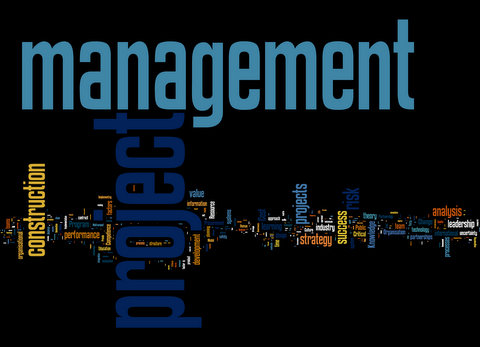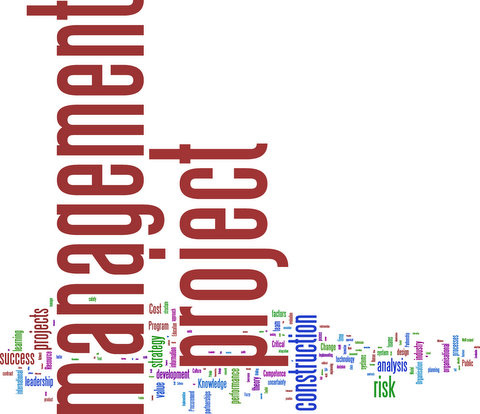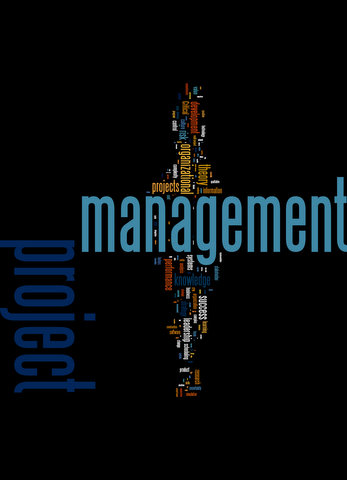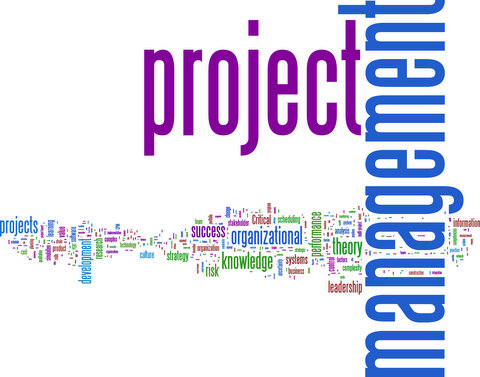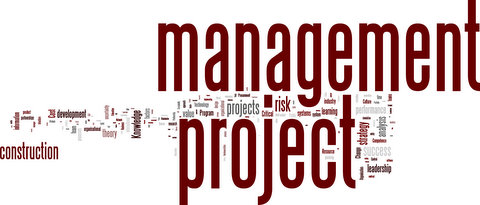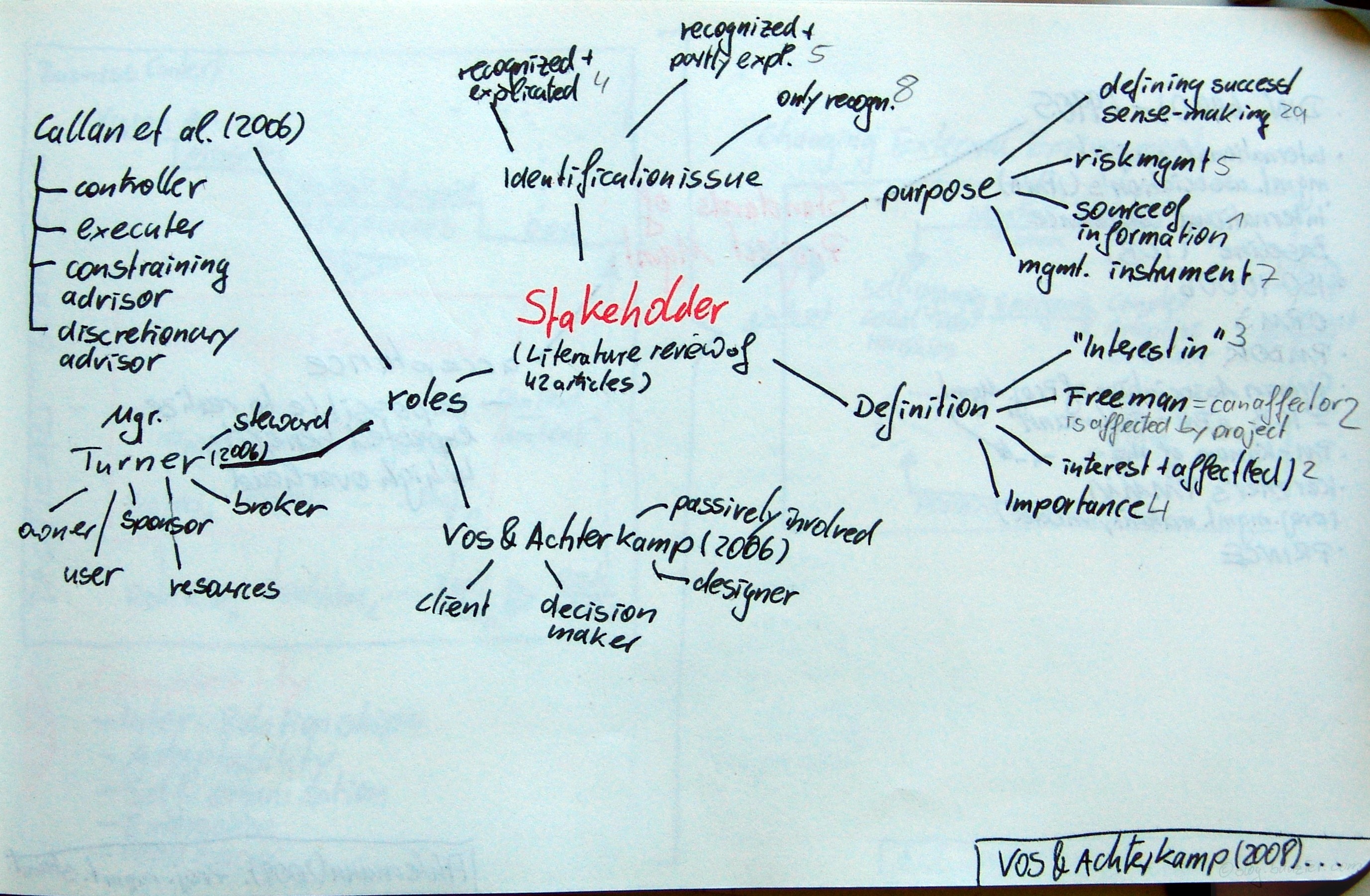
Achterkamp, Marjolein C.; Vos, Janita F.J.: Investigating the use of the stakeholder notion in project management literature, a meta-analysis; in: International Journal of Project Management, Article in Press, Corrected Proof.
http://dx.doi.org/10.1016/j.ijproman.2007.10.001
Managing the stakeholders is an, if not the most, important part of the project manager’s job. Previously Vos & Achterkamp published articles focussed on the identification of stakeholders, which is a crucial and not so simple task.“Basic, but not trivial“, as one of my Economics professors always used to say.
In this article, however, Vos & Achterkamp reviewed 42 articles in terms of
- Definition of stakeholders
- Purpose of stakeholder notion
- Identification issues
- Role of stakeholders
Analysing the commonly used definitions of stakeholders the authors identify two key theoretically based definitions – stakeholders could either be persons with an interest in the project, or persons who can or are affected by the project. One or both of these two definitions are used in only 16.6% of articles reviewed, the remaining articles mainly deal with this topic without defining the object stakeholder at all.
Why look at stakeholders? The purpose of the stakeholder notion is first and foremost to sense-making and defining success. Further purposes of stakeholder management are risk management, use as source of information, and using stakeholders as a management instrument.
The review of the identification issue, a topic close to the authors, shows that most articles only recognise the issue, or explain it partly. Only a minority of 4 articles (out of 42) recognises and explains the issue.
Lastly Vos & Achterkamp review the roles of stakeholders. For reasons of not only simplifying complexity down to a managable level, but also for overcoming issues of stakeholder identification stakeholders the authors suggest an explicit, structured, role-based identificiation procedure. Whilst they acknowledge that stakeholder salience model, as discussed in this earlier post, is the leading theoretical model of identifying stakeholder; the authors argue that the role-based stakeholder classification model for innovative projects is more promising.
„Considering stakeholders in terms of roles of involvement in the context of projects then raises the question of whether there is anything new. Indeed, thinking in terms of roles is not new in project management. Could project roles perhaps be used for stakeholder identification?“ (p. 4)
Vos & Achterkamp review three articles in detail, which use a role-based stakeholder classification model. These three articles define the following roles
- Callan et al. (2008)
- Controller
- Executer
- Constraining advisor
- Discretionary advisor
- Turner (2008)
- Manager
- Steward
- Owner
- User
- Sponsor
- Broker
- Resources
- Vos & Achterkamp (2006)
- Client
- Decision maker
- Designer
- Passively involved
